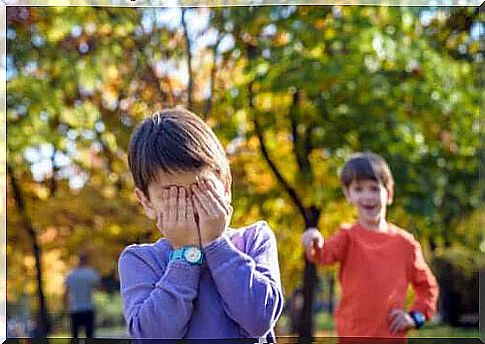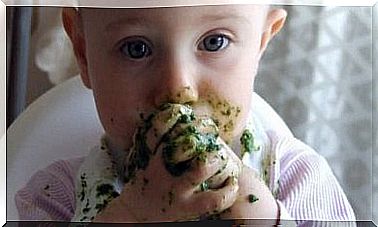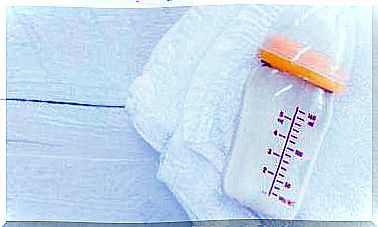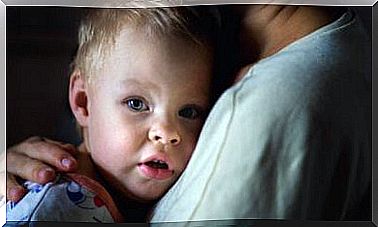8 Tips For Overcoming The After-effects Of Bullying – Parenthood
Unfortunately, there are many children and adolescents who suffer from physical or psychological bullying at school. Harassment causes significant emotional suffering in the victims who must be followed up. In this article, we offer you some tips to improve or overcome the after-effects of bullying.
It is essential that these situations are reported. Once out of the harassment situation, it is essential to seek professional help to deal with the psychological consequences. So here are some tips to try to help, but they will never replace specialist help.
The consequences of bullying: definition and analysis of the phenomenon
When we speak of bullying , we are referring to the harassment or physical or psychological abuse exerted by one or more abusers on a victim. Unfortunately, this is an increasingly common reality among children and adolescents that is traumatic for them.

The victim suffers during the humiliations, but also afterwards through the psychological consequences that the bullying leaves with him. These can manifest as anxiety, nightmares, insecurity, depression, post-traumatic stress disorder, somatization, etc.
The main thing to put an end to bullying is, in addition to supporting the victim of the emotional damage suffered, to also treat the aggressors so that they do not start again. Often, abusers are insecure people who seek to feel superior through humiliation of individuals they consider inferior.
Tips for overcoming the after-effects of bullying
It is therefore interesting to work with both parties – victim and aggressor. But today we focus on the victim with some tips for overcoming the aftermath of harassment.
Request psychological help
The first thing to do is to seek professional help if the child or adolescent requires it. Sometimes these situations are so traumatic for them that they need the help of a mental health specialist to overcome their fears and anxiety, in addition to the other after-effects.
Trying to solve it on your own can actually be complicated because we don’t have the tools to do it. We can therefore seek the help of the professional adapted to our case, a doctor, psychiatrist, psychologist, etc.
Realize that the victim is not responsible
Often bullying children and teens feel guilty. But it is not healthy, nor realistic. It is never the victim’s fault if she is being harassed, even if she thinks it is.
Therefore, we must help our children to realize that the responsibility always rests with the person who attacks. And that these thoughts only harm the victim.
Accept the experience
To overcome the consequences of bullying, it is important to accept the situation you are experiencing. This does not mean forgetting what happened, but accepting that it has happened and will not happen again.
The mental health professional can help us on this path by providing the right strategies to manage emotions and change pain.
Stay away from negative thoughts resulting from the after-effects of bullying
After a harassment situation, victims generally present recurring negative thoughts (insecurity, self-destruction, fears, etc.). If these thoughts are crippling and cause deep discomfort in the child or adolescent, it is essential to discuss them with a professional.
Express what we feel
It is essential that all the emotions felt, whether positive or negative, be expressed. It is a way to understand what we went through and how it affected us. Indeed, if we manage to analyze our feelings and emotions, we move forward and we feel better and better.
Move away from resentment
When someone harms us, it is common to experience feelings of revenge and anger towards that person. But this feeling only intensifies the suffering. So it is better to move away from the resentment and accept the situation. This will allow the child or adolescent to move forward in their healing process.
Regain self-confidence
Victims must be made to understand that they are whole, unique and valued people, and that they deserve all that life has to offer them. Even if they have had this traumatic experience, they need to regain self-confidence. With effort and self-confidence, then they will be able to achieve whatever they set out to do.
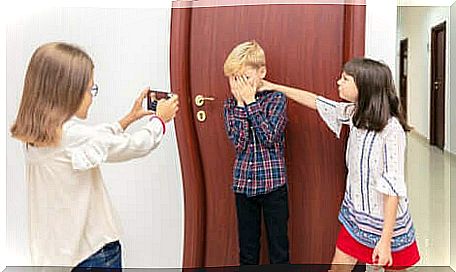
Sublimate the pain
Pain is an emotion that causes suffering, but which also has its positive part. Because she is able to strive for us to fight to change things. It is possible to sublimate this pain in art (painting, poetry, sculpture, etc.). The idea is to focus on something that makes us feel good, and not on the pain.
About the aftermath of bullying …
These tips can be of great help in dealing with the traumatic situations experienced by many children and adolescents. However, they will never replace professional support.
Finally, it is important to observe your child and to be attentive to the signals of his behavior in order to choose the best path for him. Likewise, it is essential to show him our support, our love, our affection and our company. This will help him go up the hill.
